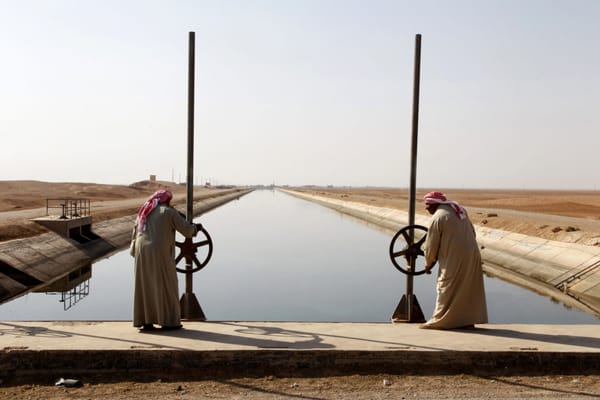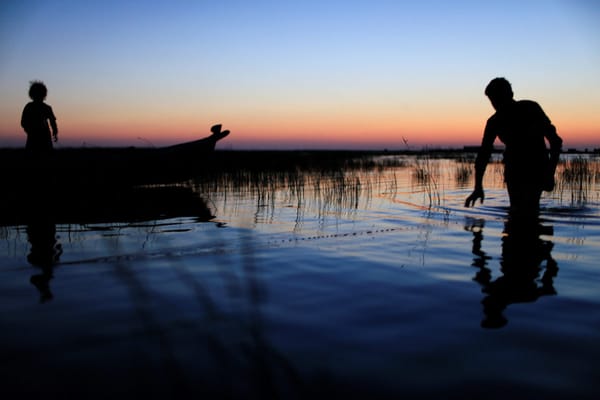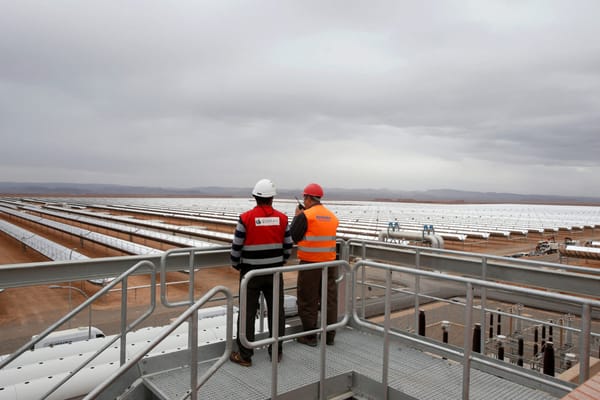

Climate Change



Global Aspirations and Local Realities of Solar Energy in Morocco
Morocco's massive Noor solar power installation in Ouarzazate is celebrated as an important step in the transition to renewable energy. But the benefits are not flowing to all citizens. Rural unrest and other demonstrations of discontent in recent years are piercing the government's techno-optimism.